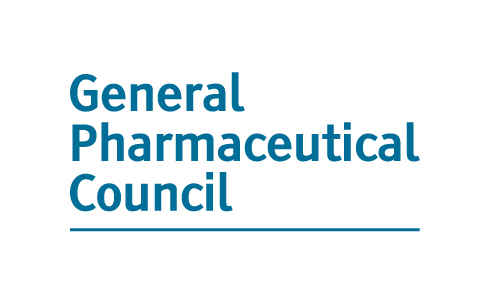Tackling race inequality
Inequality and discrimination have always been a concern in pharmacy, and that's why over a century ago women pharmacists, then a small minority, established the National Association of Women Pharmacists (NAWP). Today women are a significant majority of the profession, but NAWP continues to be needed.
As an independent organisation the PDA has always been in the frontline of tackling inequality, supporting members who may have been discriminated against in their workplace and with an objective to “promote equality for all and to eliminate all forms of harassment, prejudice and unfair discrimination” part of the rule book since the union was established.
Shortly after NAWP became part of the PDA in January 2020, the PDA launched three additional networks to work for greater equality for LGBT+ pharmacists, BAME pharmacists and pharmacists with disabilities.
Pharmacy exists within wider society, and just as the exposure of Harvey Weinstein's sex crimes and the subsequent #metoo movement increased the profile of sexual abuse of women, so the murder of George Floyd in the United States by an on-duty police officer raised the profile of institutionalised racism in western society and inspired #BlackLivesMatter.
Mr Floyd was by no means the first black person killed by a police officer, but because of the use of smart phones and social media by today's population, his murder was seen like none before, shocking those who had not been exposed to the underlying issue of racism.
There must be no complacency about racism, it should be called out and addressed. Pharmacists are often well-respected leaders in their local community and as part of civic society, the PDA also wants the UK to be an anti-racist society and supports efforts to move towards that goal in, and beyond, the workplace. Yet that is not the intention of all. The fact that the widely discredited report from the Commission on Race and Ethnic Disparities in the UK - “the Sewell Report” could have been written, approved and published by the UK government is a serious concern to those who are serious about tackling racism.
Elsy Campos Gomez, President of the PDA BAME Pharmacists' Network, said:
“Racial discrimination is a public health issue and the report seems to ignore the overwhelming evidence that speaks volumes about its consequences and how it manifests in organisations and society. For that reason, now more than ever, we need to be more vocal and more courageous about denouncing acts of racial discrimination and the social injustice that is attached to it. We need to make the evidence count by speaking up, actively being anti-racists and by being better allies of those facing racial discrimination.
Instead of commissioning and promoting this report, the Westminster government could have implemented in full the recommendations of previous reports which addressed race inequality, including McGregor-Smith (employment), Lammy (criminal justice), Williams (Windrush), Angiolini (deaths in custody), Parker (FTSE100 boards), and Marmot (health inequalities).“
Racism also features in some of the violent incidents reported to the PDA and their campaign to end violence in pharmacies calls for a zero-tolerance policy for violence towards staff working in a pharmacy, including verbal, sectarian or racist abuse directed towards pharmacists and pharmacy staff.
Every day racism is not just about acts of violence or wider societal matters, for pharmacists racism can also be experienced via the actions of employers, managers, patients or colleagues. The phrase “unconscious bias” has come into use in recent times but whatever the thinking, or lack of it, behind an act of discrimination, the act and consequences will be the same. From explicit racist comments to lower pay or less opportunity for progression, we know that the 43% of pharmacists that come from a BAME background may be disadvantaged by racism during their career.
An example is in the GPhC registration exam results. March 2021 produced passes for 80.51% of candidates classed as 'Black or Black British: African


)
)
)
)
)
)
)
)
)
)
)
)
)
)
)

.png/fit-in/500x500/filters:no_upscale())
)
)
)
)
)
)
)
)
)
)
)
)
)
)
)
)
)
)
)
.png/fit-in/1280x9999/filters:no_upscale())
)
)
)
)
)
)
)


